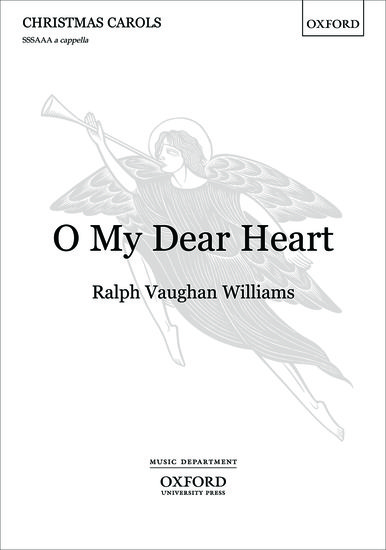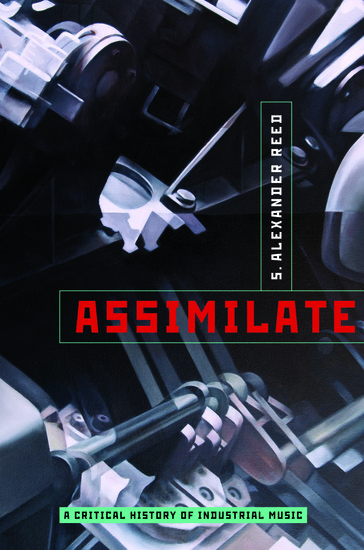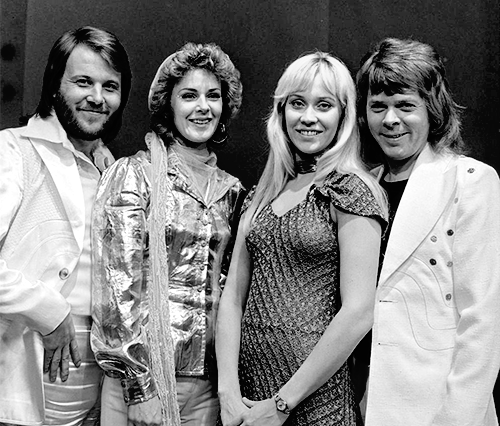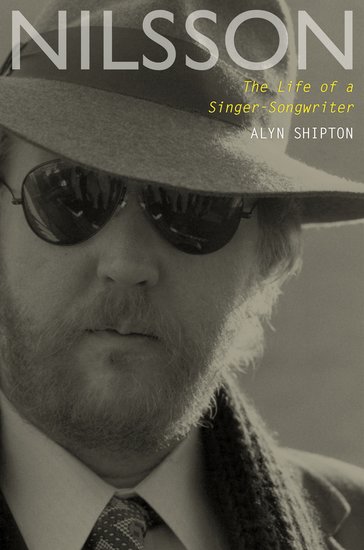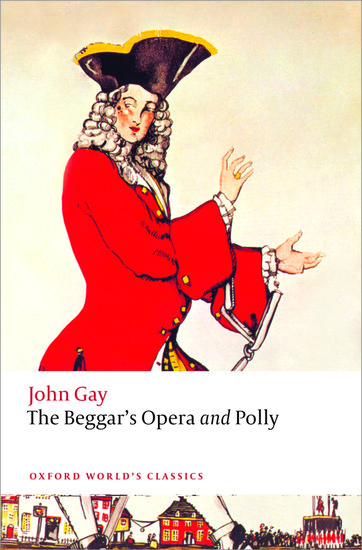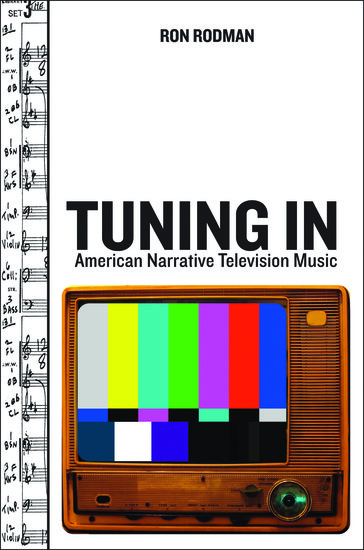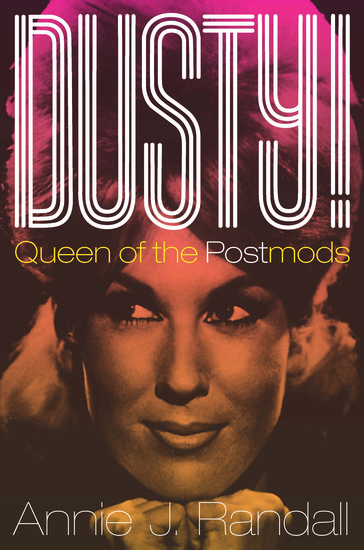The old shall be made new
By Simon Wright
The issue and performance of previously unpublished musical works — juvenilia, early pieces, and even completions by others of music left by composers, for one reason or another, incomplete — always provokes interesting debate. Would the composer have wanted it? Does the newly presented work serve the best interests of the composer’s reputation? Does the music throw new (or even controversial) light on ‘the life and works’?

